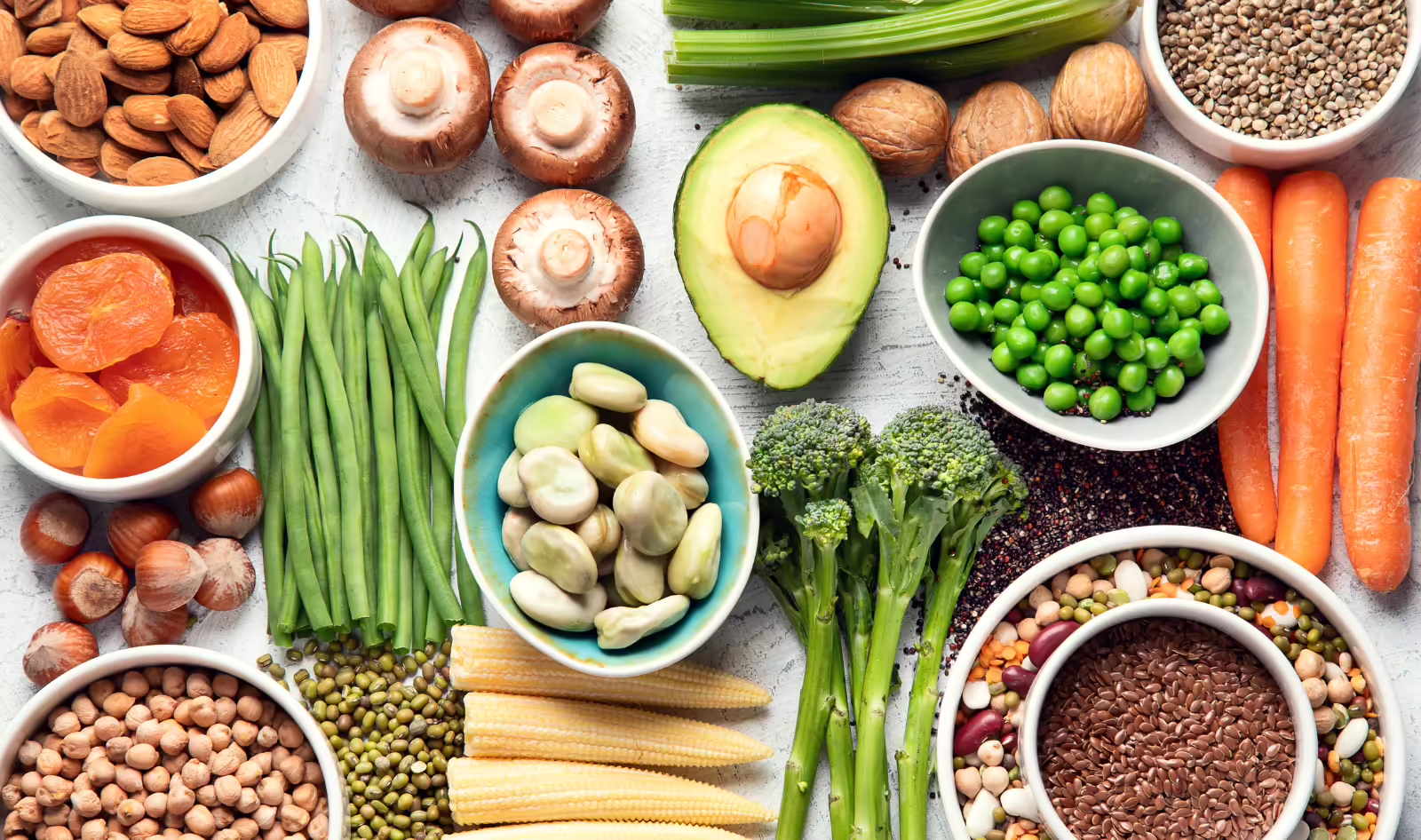
Considering a new way to eat? Plant-based nutrition offers benefits. It focuses on whole plant foods. Think fruits, veggies, nuts, seeds. Legumes and grains are also staples. This approach limits animal products. It can improve your health greatly. It helps the planet too. Starting simply is the best path. Transitioning takes thoughtful planning. You’ll discover new flavors.
Plant-based nutrition offers benefits.
Eating more plants supports your body. It often leads to better health outcomes. Plant foods are rich in fiber. They contain many vitamins and minerals. Antioxidants fight cell damage. This diet can lower heart disease risk. It may help manage weight. It can improve blood sugar control. Energy levels often increase. It’s a nourishing way to eat.
Transitioning takes thoughtful planning.
Changing eating habits requires thought. Don’t just remove animal products instantly. You need to replace them wisely. Ensure you get all nutrients. Learn about plant protein sources. Understand key vitamin needs. Gradual changes are often best. Start by adding more plants. Then slowly reduce animal foods. This makes the shift smoother.
You’ll discover new flavors.
Plant-based cooking is creative. You’ll explore a world of ingredients. Discover new spices and herbs. Experiment with different vegetables. Try unique grains like farro or quinoa. Legumes offer diverse textures. Your palate will expand. Eating becomes an adventure. Embrace this culinary journey. It’s exciting and delicious.
Prioritize Whole Plant Foods
Focus on unprocessed items. Fruits, vegetables, whole grains are key. Legumes like beans and lentils are great. Nuts and seeds provide healthy fats. These foods offer maximum nutrients. They are rich in fiber too. Avoid highly processed plant foods. Vegan junk food exists, after all. Stick to natural, wholesome ingredients. This forms your solid foundation.
Fruits, vegetables, whole grains are key.
These are the backbone of the diet. Aim for a wide variety of colors. Each color offers different nutrients. Eat a rainbow daily. Whole grains provide complex carbs. Brown rice, oats, whole wheat bread are examples. These offer sustained energy. They also support digestive health. Make them central to your meals.
Legumes like beans and lentils are great.
These are protein powerhouses. They are also rich in fiber. Chickpeas, black beans, kidney beans are versatile. Lentils cook quickly and easily. They make hearty soups and stews. They can replace meat in many dishes. They provide sustained fullness. They are budget-friendly too. Make them a staple in your pantry.
Understand Protein Sources
Many worry about protein. Plants offer plenty of protein. Legumes, tofu, tempeh are excellent. Lentils, chickpeas, and edamame are good. Nuts and seeds provide protein too. Quinoa is a complete protein. Vegetables like broccoli have some. Combine different plant proteins daily. This ensures you meet your needs. Don’t stress about single meals.
Plants offer plenty of protein.
Your body needs essential amino acids. Plant foods, when varied, provide them. A common myth is protein deficiency. It’s rarely an issue on this diet. Focus on diverse whole foods. Your body naturally combines proteins. Ensure adequate calorie intake too. Protein needs are easily met. It’s often easier than you think.
Pay Attention to Vitamin B12
This is a crucial nutrient. B12 is not naturally found in plants. It’s made by bacteria in soil. Animal products get it from their diet. Supplementing B12 is essential. Fortified foods are also an option. Nutritional yeast contains B12. Without it, deficiency can occur. This affects nerves and red blood cells. Take a reliable B12 supplement.
B12 is not naturally found in plants.
This is a critical point. It’s the only nutrient not from plants. Omnivores get it from animal foods. Vegans must plan for B12. It’s vital for nerve function. It helps create DNA. Deficiency can be serious. It causes fatigue, weakness. It can lead to irreversible nerve damage. Don’t overlook this important vitamin.
Include Healthy Fats
Fats are essential for health. Avocados, nuts, and seeds provide them. Olives and olive oil are also good. Flaxseeds and chia seeds offer omega-3s. These are important for brain health. They reduce inflammation too. Fats aid nutrient absorption. They make meals more satisfying. Incorporate healthy fats daily. Don’t avoid them entirely.
Avocados, nuts, and seeds provide them.
These are excellent whole-food sources. They offer healthy monounsaturated fats. Nuts like almonds, walnuts are great snacks. Seeds like pumpkin, sunflower are versatile. Add them to salads, oatmeal. They contribute to satiety. They also provide various micronutrients. Make them a regular part of your diet. They are delicious and nutritious.
Watch Out for Iron and Calcium
These minerals need attention. Plant-based iron is non-heme. It’s absorbed less readily. Combine iron-rich foods with Vitamin C. Lentils, spinach, tofu, fortified cereals. Calcium is in fortified milks. Also in leafy greens, tofu, sesame seeds. Ensure adequate intake from diverse sources. Your bones need strong support.
Combine iron-rich foods with Vitamin C.
Vitamin C enhances iron absorption. Pair bell peppers with lentils. Add citrus to your spinach salad. This simple trick boosts iron uptake. It helps prevent deficiency. Don’t rely on just one source. Diversify your iron-rich foods. This ensures better absorption. It’s an easy and effective strategy.
Plan Balanced Meals
Think about building your plate. Include protein, carbs, healthy fats. Add plenty of non-starchy vegetables. This ensures nutritional completeness. Vary your meals throughout the week. Don’t eat the same few things daily. Experiment with recipes. Online resources are plentiful. Meal prepping helps consistency. Make it enjoyable for yourself.
Include protein, carbs, healthy fats.
Each component serves a purpose. Protein for building and repair. Complex carbs for energy. Healthy fats for absorption and satiety. Non-starchy vegetables add volume. They provide fiber and micronutrients. This balance prevents nutrient gaps. It keeps you feeling satisfied. It fuels your body optimally.
Stay Hydrated Always
Water is vital for all diets. It aids digestion and nutrient transport. Drink plenty of plain water daily. Herbal teas also count. Avoid sugary drinks. They offer empty calories. Proper hydration supports energy. It helps your body function well. Make water your primary beverage. It’s a simple, powerful habit.
Seek Professional Guidance if Needed
A dietitian can offer support. They specialize in plant-based nutrition. They can help with meal planning. They address specific nutrient concerns. They can tailor advice to your needs. This ensures a healthy transition. It provides peace of mind. Don’t hesitate to seek expertise. They are valuable resources.
They specialize in plant-based nutrition.
Dietitians understand nutrient nuances. They know how to balance the diet. They can help prevent deficiencies. They provide evidence-based advice. They dispel common myths. They make personalized recommendations. Their guidance is invaluable. It ensures your plant-based journey is safe. It makes it sustainable long-term.
Be Patient and Consistent
Changing habits takes time. Don’t expect perfection overnight. There will be learning curves. You might make mistakes. That’s perfectly normal. Consistency is more important than perfection. Keep learning and adapting. Focus on progress, not just goals. Enjoy the journey towards better health. It’s a rewarding lifestyle choice.
A beginner’s guide to plant-based nutrition emphasizes whole foods, understanding protein and B12 sources, strategic planning, and patience for a healthy, beneficial transition.
